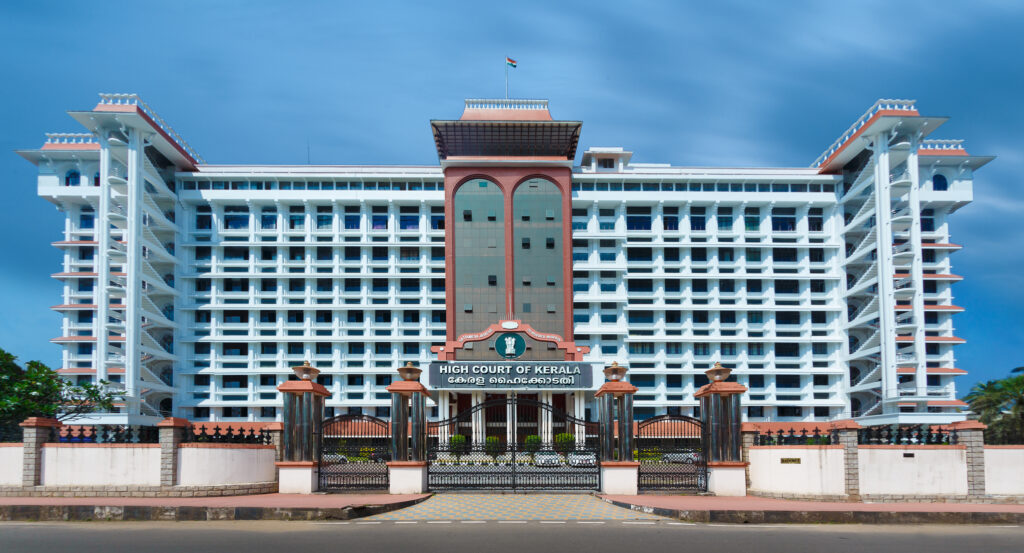The Kerala High Court has stated that there is no option to appeal to the Sessions Court against the order under Section 3(3) of the Muslim Women (Protection of Rights on Divorce) Act.

The Kerala High Court ruled that there is no option to appeal to the Sessions Court against an order made under Section 3(3) of the Muslim Women (Protection of Rights on Divorce) Act, 1986. The High Court supported a Judicial Magistrate’s decision requiring the husband to pay maintenance. The Court noted that the Sessions Judge made a mistake by hearing and deciding the husband’s appeal. Justice P.G. Ajithkumar, in a Single-Judge Bench, stated, “It was without jurisdiction. When the law does not allow such a remedy, the appeal’s judgment is invalid and should be disregarded.” Advocate K.K. John represented the Revision Petitioner, while Senior Public Prosecutor C.N. Prabhakaran represented the Respondent-State.
In this case, the petitioner sought relief under Section 3 of the Muslim Women (Protection of Rights on Divorce) Act, 1986. The Magistrate ordered the respondent to provide maintenance during the Iddat period and ensure fair provision and maintenance. The respondent appealed, but the Magistrate’s order was dismissed. This decision was challenged in a revision petition filed under Section 397 along with Section 401 of the Code of Criminal Procedure, 1973, before the High Court. The Bench highlighted that when an application is made under Section 3(2) of the Act, the Magistrate must consider and issue an order as stated in Section 3(3). The law does not allow the aggrieved party to appeal against that order.
The Bench stated that the Act does not allow for the inclusion of appeal provisions from the Code. Without a specific provision in the Act for appeals against orders under Section 3(3), the appeal rules in the Code can only apply if the Act explicitly or implicitly includes them. There is no such inclusion in the Act. The High Court clarified that the only rule allowing a Magistrate to apply Code procedures for a petition under Section 3(2) is Rule 4 of the Muslim Women (Protection of Rights on Divorce) Rules, 1986. Therefore, it concluded that no appeal to the Sessions Court can be made against an order under Section 3(3) of the Act.
The judgment in Ganga Bai v. Vijay Kumar [AIR 1974 SC 1126] was referenced, where the Supreme Court stated that the right to appeal is only valid if a statute provides for it. This applies to criminal cases as well. The Bench noted that Section 372 of the Code specifies that no appeal can be made from a Criminal Court’s judgment or order unless allowed by the Code or another applicable law. The Bench concluded that the Sessions Judge made a mistake by hearing and deciding Crl.Appeal No.28 of 2019, as it was beyond their authority. Since the law does not provide such a remedy, the appeal judgment is invalid and should be disregarded.
Cause Title: Shani v. Muhammed Kunju [Case No. CRL.REV.PET NO. 268 OF 2020]
Appearance:
Revision Petitioner: Advocates K.K.John & Asish K. John
Respondent: Advocate B. Mohanlal & Senior Public Prosecutor C.N. Prabhakaran









